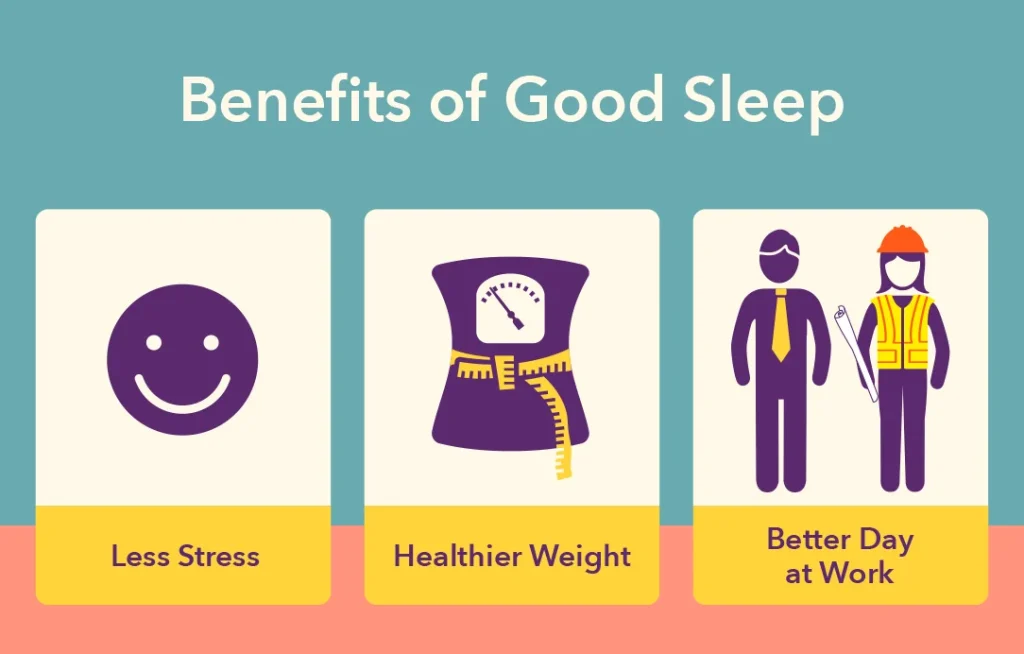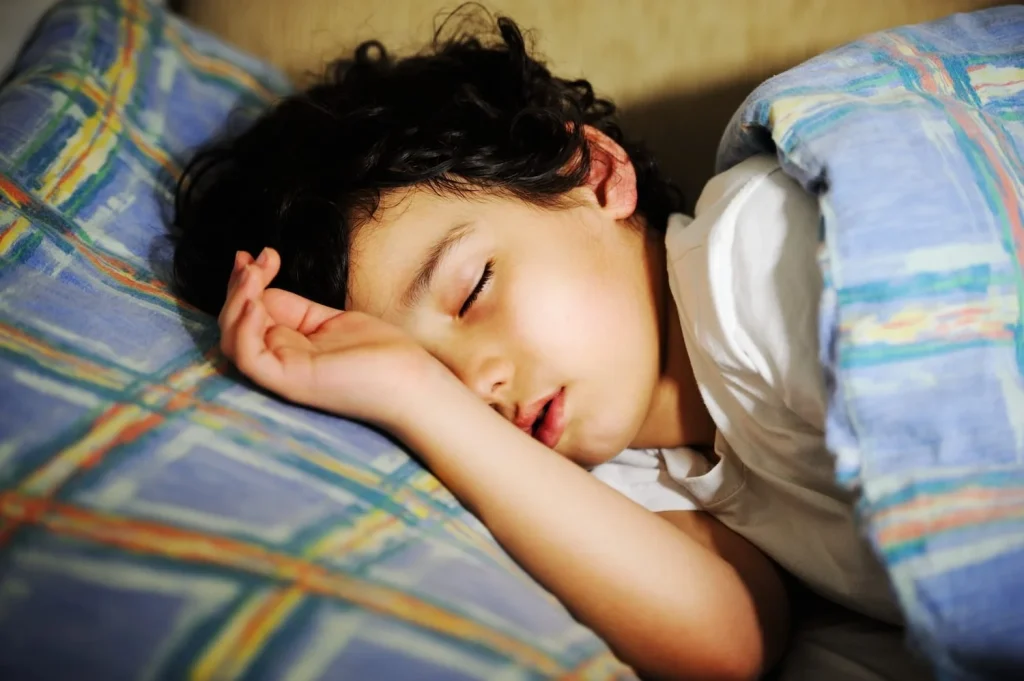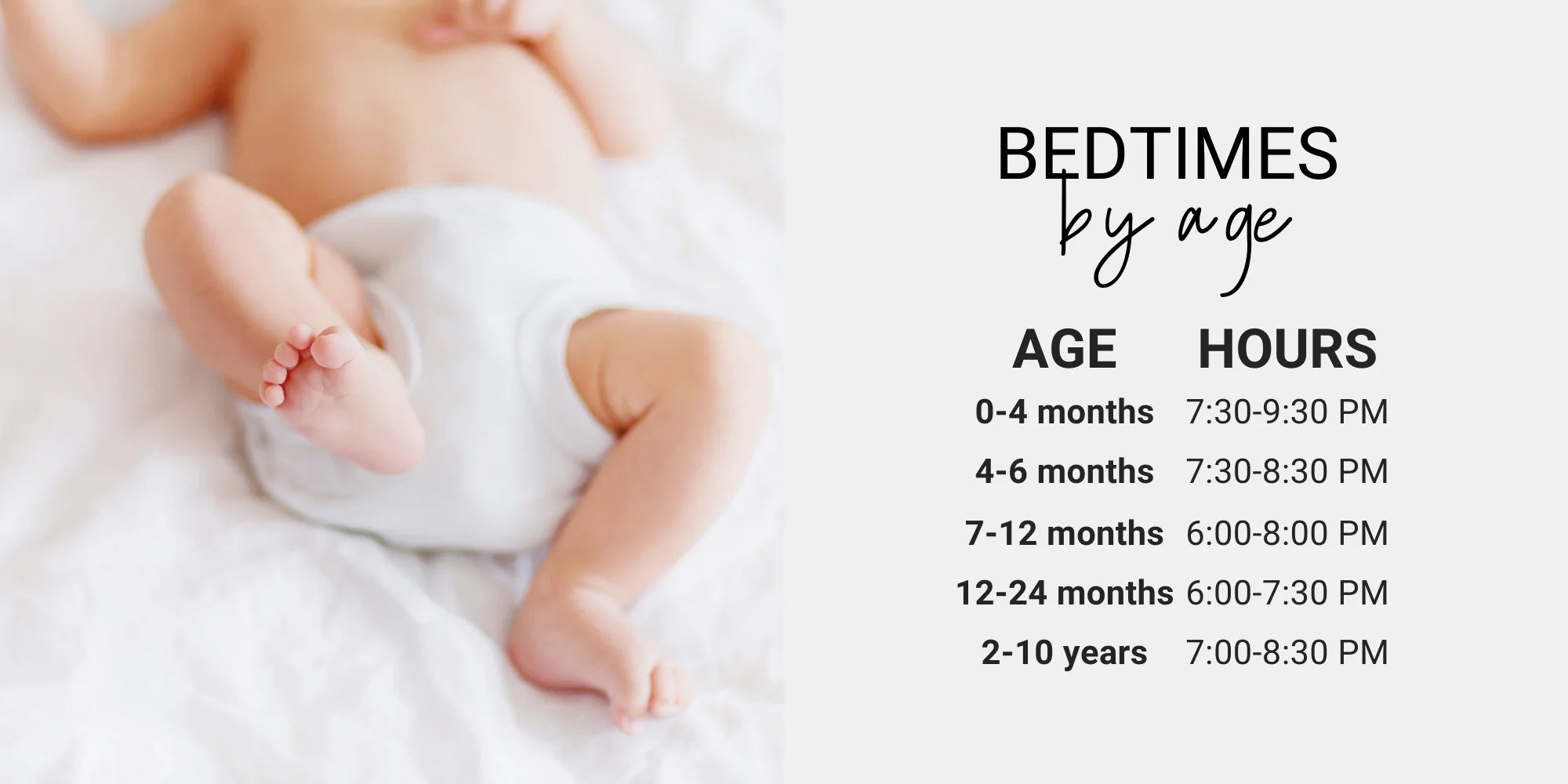Getting the right amount of sleep is very important for your child’s growth, learning, and health. It is well known that babies, children, and teenagers require different amounts of sleep. So is the case with bedtime.
In this guide, we break it down so that you understand the Bedtimes by Ages, the importance of bedtime, the implementation of a perfect sleep schedule, and overcoming common evening challenges.
Reasons Why Bedtimes are Important in Child Development
Bedtimes aren’t only meant to ensure rest but are also important segments of your child’s development. Sleep is very necessary for growth, proper functioning of the brain and mental well-being. While a child rests, the body secretes growth hormones, creates defenses and enhances learning capacities.
Sleeping regularly also assists the child to repress some emotions and enhance their memories.
Underlying Benefits of Adequate Sleep for Children:
- Physical Growth: Damaged and developing tissues are repaired and created in the body during periods of deep slumber.
- Cognitive Development: Sleep enhances the plasticity of the brain which is critical for new learning and retaining already learnt knowledge.
- Emotional Regulation: With plenty of sleep, children are able to manage emotions such as stress more effectively and less aggression is directed towards them.
- Improved Immune: Getting proper sleep regularly improves the physiological and psychological functions.
Because of irregular sleeping hours or lack of sleep, children are prone to volatile emotions, inability to focus, learning difficulties and susceptibility to illnesses.

Ages For Specific Bedtimes
Every age group has different sleep needs. The ideal sleep requirements for every child is broken down into this age by age breakdown with the sleep time given.
Newborns: (0-3 Months)
Out of all the infant stages, newborns are the ones that sleep the longest averaging 14 to 17 hours of sleep per day over a number of short sleeping periods. Newborns do not yet have sleep cycles with periods of active alertness and rest so there is no set pattern to their naptime. While intensive, support resources, specifically sleep will lack, as newborns require limited two hour feeding breaks which interrupt biorhythms.
Ideal Bedtime: When your newborn starts falling asleep which can happen throughout the night and day, the parents will not have a fixed bed time.
Infants: (4-11 Months)
Sleep deprivation and its consequences and treatment for children aged under 11 years. Infants are expected to be asleep for a total of around 12-15 hours a day comprising of one main portion of sleep at night and 2-3 shorter naps during the daytime. Although so far they have been waking up for nursing in the middle of the night.
Ideal Bedtime: Between 6:00 PM and 8:00 PM.
Toddlers (1-2 Years Old)
A toddler will usually sleep for about 11 hours up to 14 hours which includes a nap during the day as well. For toddlers and especially for older children, as they grow, they will become more and more active, and sleep will also be equally important for their health and behaviors well. Not having a proper sleep might leave crankiness and hurt feelings, tantrums, struggles in concentrating etc.
Ideal Bedtime: Between 7:00 PM and 9:00 PM.
Preschoolers (3-5 Years Old)
For preschoolers, around 10-13 hours sleep should be ok with a single nap, normally in the afternoon. At this age, children start to be assertive and do things on their own and so this makes it possible if not easy to stick to standard bed time routines but increases their importance.
Ideal Bedtime: Around 7:00 PM to 8:00 PM.
School Age Children (6-13 Years Old)
Nine hours is the minimum that most school age children get to sleep at night, but up to 11 hours is preferred. As school engagement including homework and extra lessons go on, more and more challenges present in the need to maintain a cycle or pattern that resonates with good sleeping patterns. In this age group sleep deficiency will more often lead to poor academic performance, uneasiness, health problems.
Ideal Bedtime: Between 8:00 PM and 9:30 PM according to the child’s morning routine.

Teens (14-17 Years Old)
Teens require sleeping about 8–10 hours of time each day – however, it appears that more than most of them do not avail such hours. This time should be left free from school work, socializing, and using a computer, etc. Sleep deprivation is also said to have adverse effects on emotion, education, and health.
Ideal Bedtime. These people usually sleep between 9:00 PM and 10:30 PM, although this may differ for them since some have other plans or natural bodies.
What Time Should a 10-Year-Old Go to Bed?
This is a frequent question which worries a lot of parents, what time should a 10 year old’s bedtime be? With this age a usual 10 year old usually requires sleeping about 9 to 11 hours of sleep. So if their school starts at say, for instance, 7:00AM, parents should enforce a sleep at around 8 to 9 PM periods. It will be encouraged anyway to make child wake up in the morning and gauge how he feels and go on modifying their bed time if need be.
How to Set a Properized Routine before Sleeping for Your Child
While creating a schedule for a child in going to bed may be quieting, it also will heighten the level and quality of sleep. Consistency is very important in encouraging children to associate particular events with sleep so that they are able to fall or wake at the desired times with fewer challenges.
Building a Schedule to Enhance Sleep
Start the routine about 30 minutes to an hour before their expected turn to bed. This could include:
- Bath or Shower: Melting away in warm water may relax the muscles and prepare the individual to catch sleep.
- Brush Teeth: Brushing teeth before going to bed strengthens proper oral hygiene.
- Quiet time: Explain enjoying relaxation through story reading or soft music because children have had an exciting day.
Reducing Screen Time Before Sleep
Use of tablets, phones, or televisions, emits blue light which interferes with the metabolism of melatonin, which is a sleeping hormone. Avoid screens at least 30-60 minutes before bed to make it easy for your child to sleep.

Making an Environment Conducive to Sleep
The sleeping environment of a child is a major aspect to consider since it makes it easy for a child to fall and stay asleep. Just a few steps can help a lot as given below;
- Keep the room dark: Darkness therefore helps trigger the brain that it is sleep time. Furthermore, if advanced methods of achieving this are necessary, one can use drugs such as sleep inducing masks or blackouts.
- Make sure the temperature is not hot or warm: It is more favourable to sleep in a cooler room. In this case a target of between 65 degrees to 70 degrees is recommended.
- Block out undesired noise: Using a white noise machine or a fan to drown out the sounds will help with sleep as well.
- Bedtime Troubleshooting: A Child Who Cannot Sleep, Stop, or even Doesn’t Wanna Sleep at All
Sad to say, for children, even more so than adults, falling and/or staying asleep can sometimes be very difficult due to some factors such as anxiety, stress, and unscheduled routines. Here’s a list of many common signs along with some remedies.
Signs of Sleep Deprivation in Children
- Difficulty focusing, or concentrating, especially in school
- Hyperactivity or impulsivity increase
- Problems with getting out of bed in the morning
How to Improve Sleep Quality
- Consistency in Routine’s: Check that bedtimes and mornings work well for children, even if it is only on the weekends.
- Relaxation Techniques: Ensure that your child is able to do different and proper relaxation techniques like deep breathing to help calm the mind which helps in sleep.
- Limit Stimulants: Avoid any sugary snack or caffeinated drinks before bedtime.
Why Sleeping More Instead of Sleeping Well Is Dangerous
Sleeping rests our body and mind so the quantity of sleep is vital. It is worth mentioning that sleep deprivation is unhealthy in children as well as adolescents. Ensure that even children noises do not hinder their sleep but rather it sleeps soundly and fully.
Conclusion
In the assessment of a child’s development and healthy population, one factor can be manipulated in the background and therefore ignored – bedtimes and sleep durations. What is important is that every child gets the required sleep bearing in mind that the requirements change as they grow older, and understanding when to teach bedtime protocols.
Correct the existing sleep problems promptly so that your child is set up for a success not only now but in the future as well. Quality sleep should come first to enable your child develop healthy and ready to face each day.
FAQs on Bedtimes by Ages
Q1: How much sleep does a 3-year-old need, and what is the latest time they should go to bed?
A: A 3-year-old typically needs 10-13 hours of sleep, including a nap. The ideal bedtime is between 7:00 PM and 8:00 PM.
Q2: Can you describe the best children’s sleep initiation techniques?
A: Some effective bedtime routines include a warm bath, reading a bedtime story, and creating a cozy, warm atmosphere in the dark room to help the child prepare for sleep.
Q3: What is the impact of using gadgets on a child’s sleep at night?
A: Excessive screen time exposes children to blue light, which reduces melatonin production, making it harder to fall asleep. Limiting screen use at least 30-60 minutes before bed improves sleep quality.
Q4: How does a parent know if their child is sleep deprived?
A: Signs of sleep deprivation in children include irritability, difficulty concentrating, restlessness, hyperactivity, behavioral problems, and trouble waking up in the morning.
Q5: How can I provide a healthy sleeping environment for my child?
A: To create a sleep-friendly environment, keep the room as dark as possible, maintain a temperature of 65-70°F, reduce noise with a white noise machine or fan, and stick to consistent sleep routines.

Russell F. Jones, holding a Master in psychology from the University of Florida. He writes for Smart Parent Solutions, offering practical advice on parenting and child development. His engaging content helps parents navigate family life with confidence and ease. Russell enjoys sharing his knowledge and spending quality time with his family.
